If you’re in a hurry and just want the quick answer: “Pendejo” is a Spanish slang word that means “idiot,” “fool,” or someone acting immature.
Now, let’s dig deeper — because this word shows up everywhere: texting, memes, TikTok, gaming chats, Spanish music, and even heated conversations.
Many people search “what does pendejo mean in Spanish,” “what does pendejo mean in English,” or simply “pendejo mean” because it sounds fun but can actually be rude depending on tone.
Understanding the meaning matters. It helps you avoid awkward moments, know when it’s playful, and recognize when someone is being disrespectful.
If you saw it in a fiery “pinche pendejo” comment, heard someone say “whats pendejo mean,” or asked Google “ok Google what does pendejo mean,” this guide explains everything in simple, friendly language.
Definition & Meaning
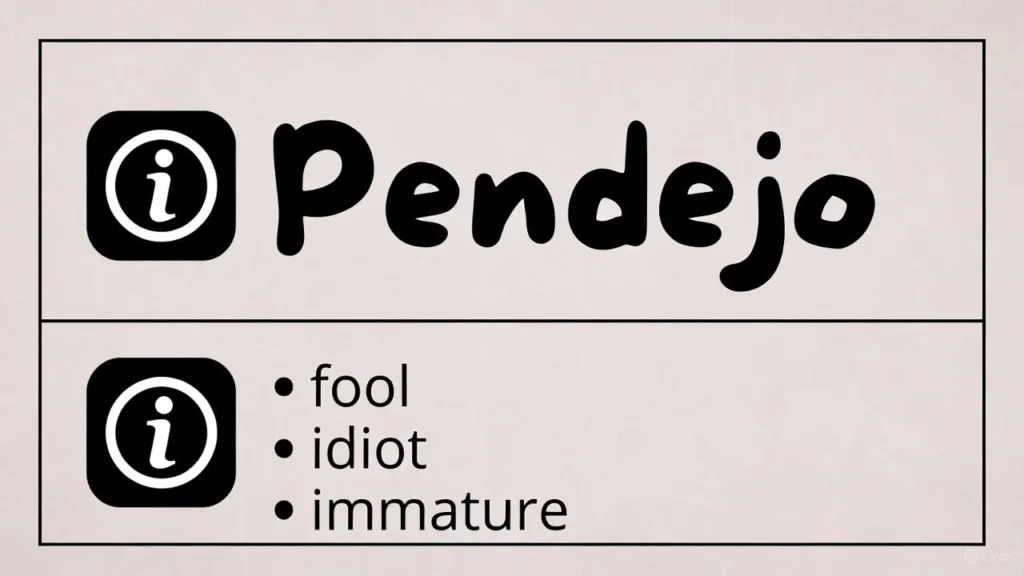
At its core, “pendejo” means someone acting ignorant, foolish, or immature. In English, the closest translations are idiot, dummy, or jackass. Many people wonder, “does pendejo mean asshole?” It can, but only when said with anger. Others ask, “does pendejo mean bitch?” No — that’s not its typical meaning.
In Spanish, especially in Latin America, saying “No seas pendejo” means “Don’t be fool.”
In English conversations, people often ask, “What does the Spanish word pendejo mean?” The answer remains simple: it’s an insult for someone doing something silly or reckless.
Examples in Everyday Conversation
A: “Bro drove into the wrong lane.”
B: “Such a pendejo, man.”
A: “I trusted him again.”
B: “Don’t be a pendejo.”
The phrase “pinche pendejo” adds extra anger — like saying “damn idiot.”
The slang “gringo pendejo” is used to insult a foreigner acting foolish.
People often ask “what does pendejo mean in Spain?” In Spain it’s softer, more like “goofball,” but in Mexico or South America, it can be very insulting.
Background & History
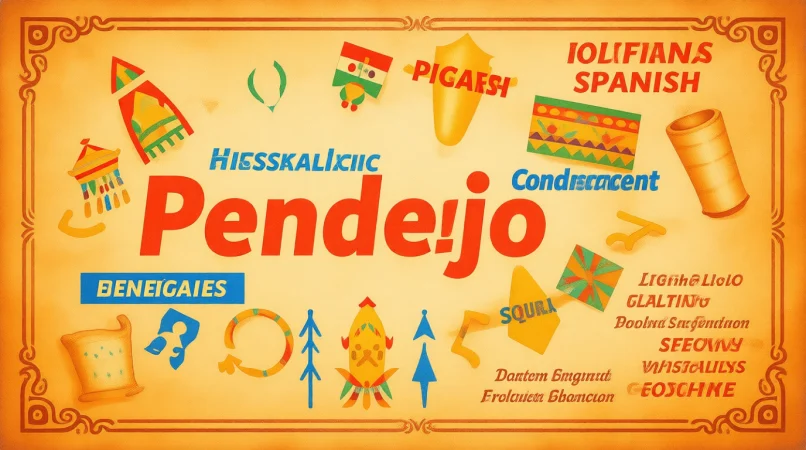
The history of “pendejo” is surprisingly old. It originally came from the Latin word “pectiniculus,” meaning “pubic hair.” Over centuries, it evolved into a Spanish insult implying immaturity — as in someone “not grown up enough to know better.”
Later, it spread across Mexico, Argentina, Colombia, and other Spanish-speaking regions. When Spanish media, films, and music became global, people began searching phrases like:
- what does pendejo mean?
- google what does pendejo mean in Spanish
- hey Google what does pendejo mean in Spanish
As social platforms like TikTok and Twitter grew, creators started using this word humorously. But even with its playful uses, it still carries a sharp tone in many cultures.
Usage in Various Contexts
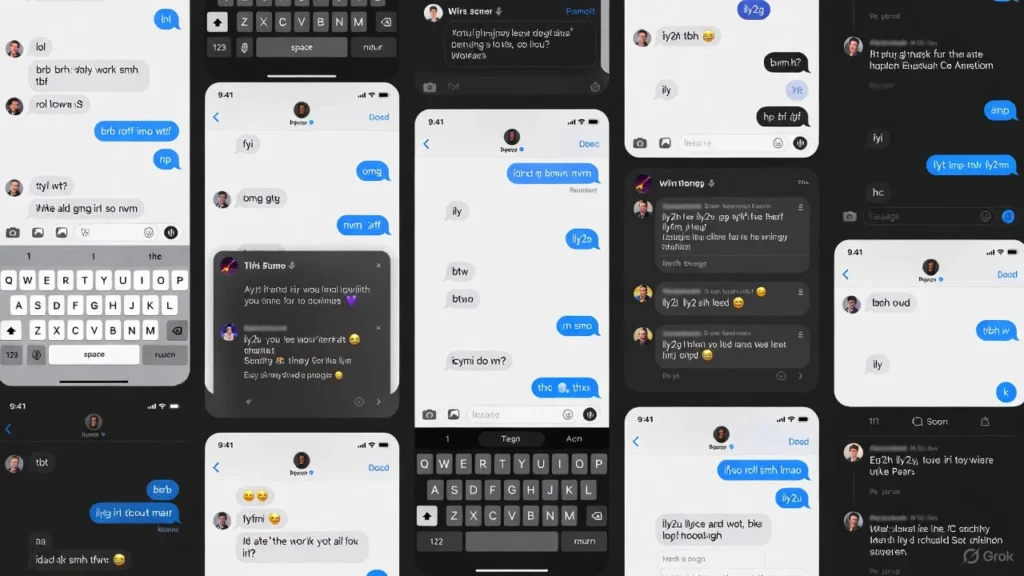
1. Texting & Social Media
People drop “pendejo” in chats when someone does something silly:
“Bro forgot his password AGAIN. Qué pendejo 😂”
2. Gaming
Used during heated moments:
“You rushed alone? Pendejo move.”
3. Casual Conversations
Friends sometimes use it jokingly:
“Stop acting like a pendejo and come outside.”
4. Angry Situations
When someone says “pinche pendejo” or “punta pendejo,” the meaning turns harsh and offensive.
5. Search Queries & Curiosity
People often ask:
- whats does pendejo mean
- what do pendejo mean
- what’s pendejo mean in English
All leading to the same core idea: foolishness + immaturity.
Common Misconceptions & Clarifications
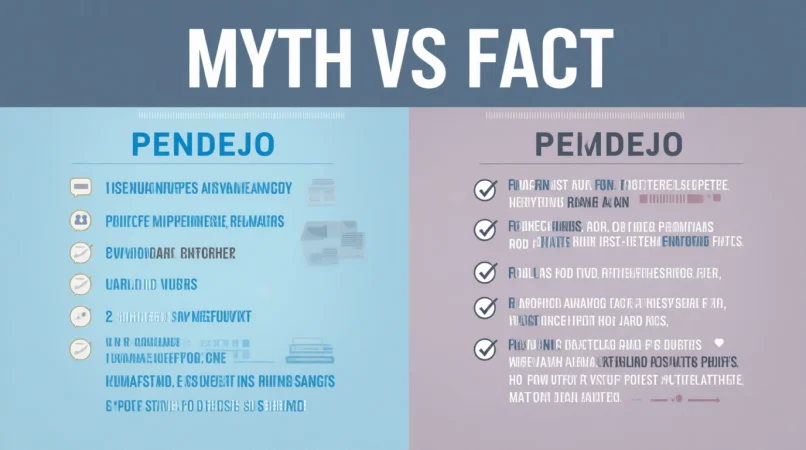
Misconception 1: It Always Means “Asshole”
No. It sometimes overlaps with “jerk,” but not always.
Misconception 2: It’s Friendly Everywhere
In some places it’s joking; in others, it’s deeply offensive.
Misconception 3: It Means “Bitch”
No — that’s incorrect and culturally misleading.
Misconception 4: It’s a Compliment
Never. Even when playful, it’s still teasing.
Similar Terms & Alternatives
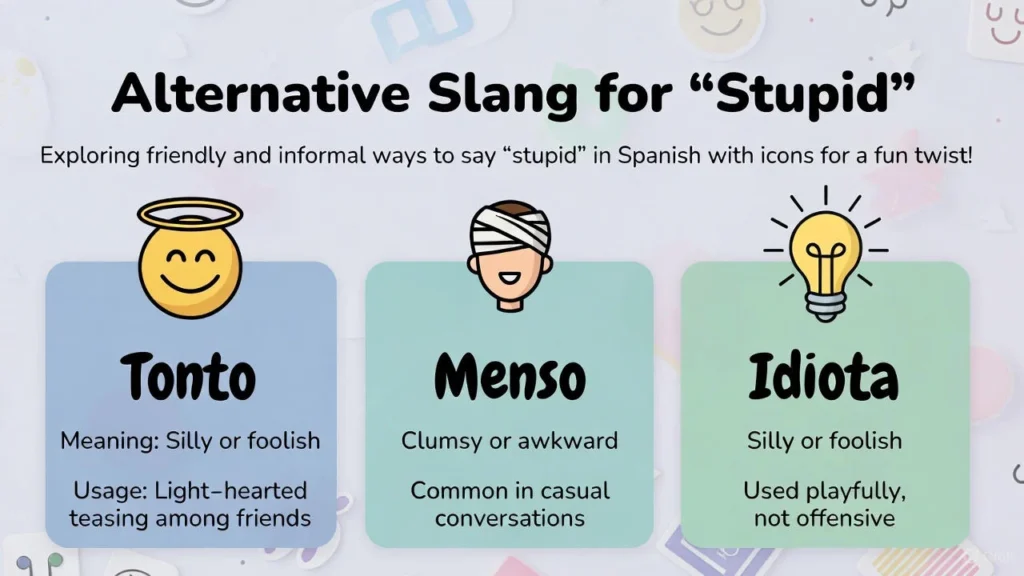
| Term | Meaning | Tone |
|---|---|---|
| Tonto | Foolish | Mild |
| Menso | Silly | Playful |
| Idiota | Idiot | Strong |
| Baboso | Dummy | Medium |
| Burro | Stubborn idiot | Strong |
If you want a safer word, choose menso or tonto instead of pendejo.
How to Respond to This Term
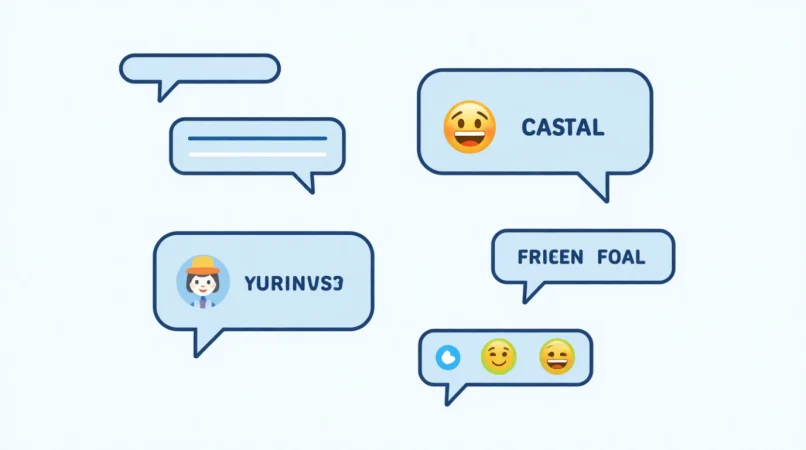
Casual Response:
“Bro chill, I’m not a pendejo today 😂.”
Funny Response:
“At least let me finish being ignorant before you call me pendejo.”
Professional Response:
“I’d prefer we speak respectfully.”
Privacy-Safe Response:
“I don’t like being called that. Let’s keep it cool.”
Regional or Cultural Differences
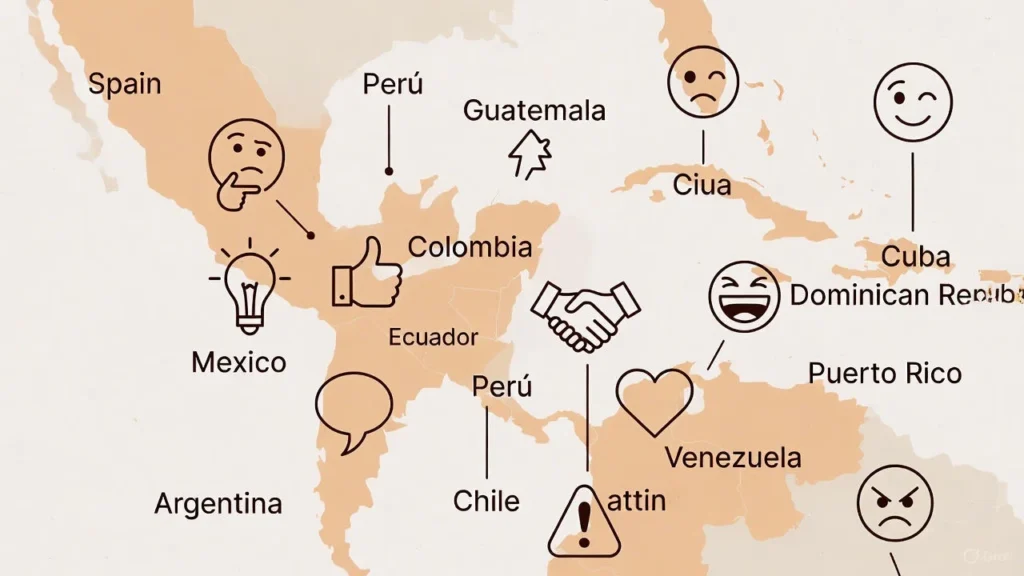
- Mexico: Strong insult
- Argentina: More playful
- Spain: Softer meaning, like “goof”
- Caribbean: Can be very offensive
This is why many ask “what does pendejo mean in Spain?” — the tone shifts by region.
Comparison With Similar Terms
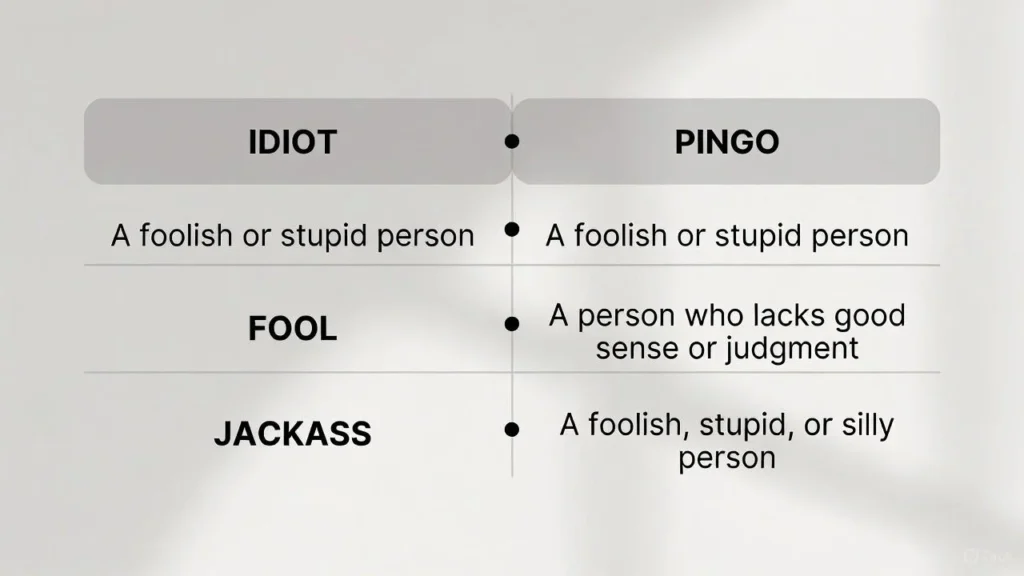
| Word | Compared to Pendejo | Offensiveness |
|---|---|---|
| Idiot | Similar | Medium |
| Fool | Softer | Low |
| Jackass | Similar | Medium |
| Ignorant | Very close | High |
Usage in Online Communities & Dating Apps
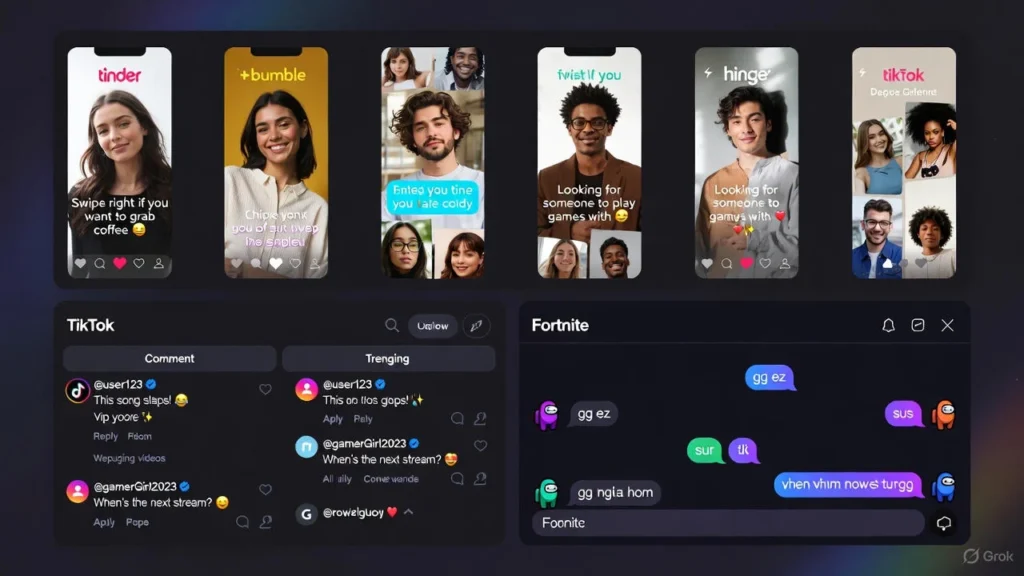
On dating apps like Tinder or Bumble, calling someone “pendejo” is a red flag, usually showing sarcasm or frustration. On TikTok, it appears in memes and challenges. In gaming, it’s almost always used in anger.
Hidden or Offensive Meanings
While not obscene by itself, “pendejo” becomes harsh when combined with words like “pinche.” Context matters. Tone matters even more.
Suitability for Professional Communication
Never use “pendejo” in work emails, meetings, or official messages. Choose neutral alternatives like:
- “careless”
- “unprofessional”
- “not ideal judgment”
FAQs
1. What does pendejo mean in Spanish?
It means someone acting foolish or immature.
2. What does pendejo mean in English?
Idiot, fool, ignorant person.
3. Is pendejo offensive?
Often, yes — depending on tone.
4. Does pendejo mean asshole?
Sometimes, but not always.
5. What does pinche pendejo mean?
A more aggressive version meaning “damn idiot.”
6. What does gringo pendejo mean?
An insult directed at a foreigner acting foolish.
7. Is it okay to use pendejo with friends?
Only if your friends are comfortable with it.
Conclusion
“Pendejo” is a powerful, emotional Spanish slang term that can shift from playful teasing to serious insult depending on context.
If you saw it in a meme, heard it in a heated conversation, or searched “what does pendejo mean?” to understand a viral TikTok, you now know exactly how it works across cultures, regions, and social platforms.
Use it carefully. Understand tone. Respect cultural differences.
And when in doubt — don’t use it at all.




